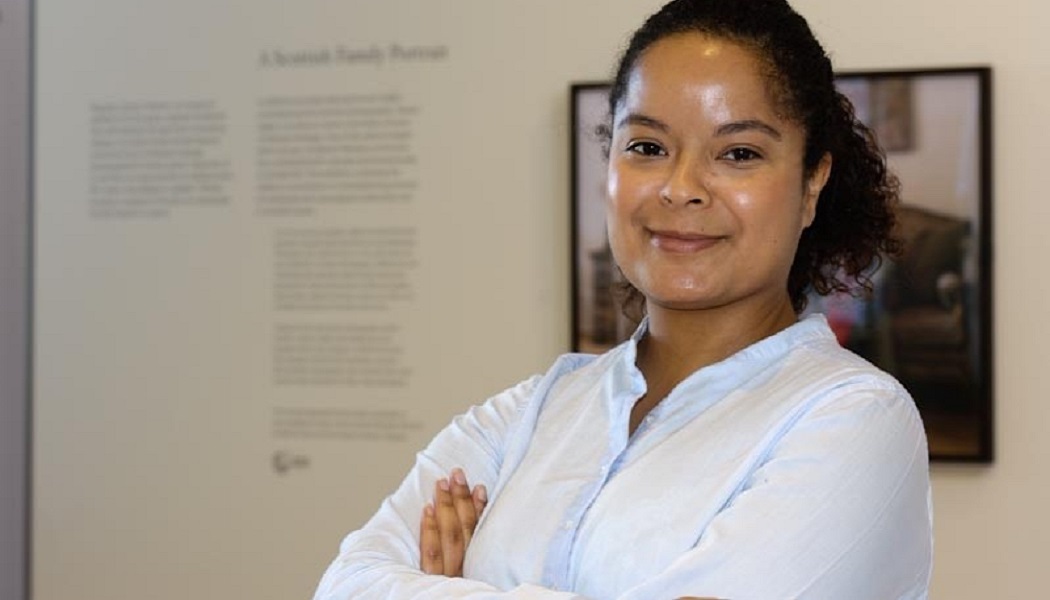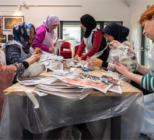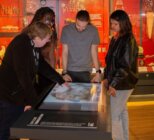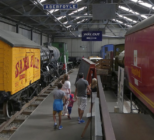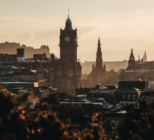Empire, Slavery & Scotland’s Museums: Addressing Our Colonial Legacy was launched earlier this year and aims to examine how Scottish cultural institutions can confront challenging histories within their spaces; building on existing work conducted by museums and within the equalities sector.
The latest milestone in its progression sees the addition of Sheila Asante to the top team. Asante has been selected due to her experience working on major projects exploring migration and historic slavery at the Scottish National Portrait Gallery and Edinburgh Museums.
“This is a hugely exciting opportunity to be part of a sector-leading exploration of how Scotland’s museums can begin the discussions around the legacies of Empire and slavery,” Asante notes.
“I look forward to working with communities and museums across Scotland to engage in meaningful debate about how museums work toward becoming anti-racist institutions.”
Asante will work alongside an independent steering group that will submit recommendations to Holyrood at the end of its research. Dr Churnjeet Mahn from Strathclyde University and Elena Trimarchi of the David Livingstone Centre have recently joined the group chaired by renowned scientist and human rights activist Sir Geoff Palmer.
Palmer to chair independent review of Scotland’s colonial past in museum collections
The initiative’s new project manager possesses “extensive skills and professional experience in museums and galleries and is dedicated to promoting anti-racist practice”, according to Palmer, who says he is “so pleased that she has accepted the role”.
Industry input
During 2021, in collaboration with Glasgow Life, Museums Galleries Scotland will coordinate a national consultation to establish public and expert perspectives on how museums can better contribute to understanding of slavery and colonialism’s legacies.
To support this aim, the development body is asking cultural institutions that are pursuing or planning work in this area – especially anti-racism, the legacies of slavery and empire, and decolonisation – to contact them.
Getting in touch can be done by responding to its call for evidence, accessible here until the deadline of 5pm on Wednesday 6th January 2021.

